10 Reasons to Quit Multitasking As an Agile Professional
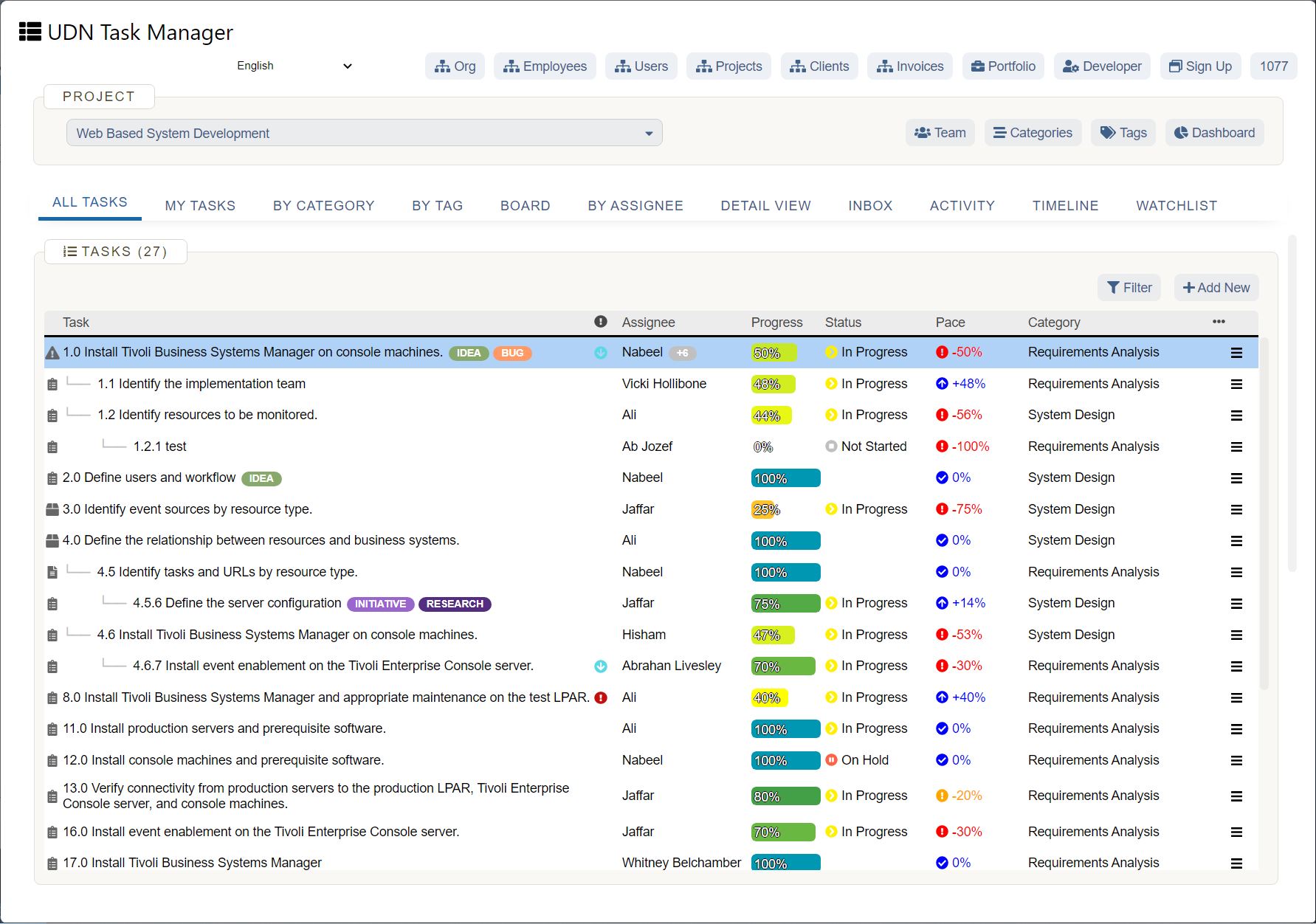
Multitasking is not a superpower. Even if you were the literal walking, breathing, and thinking version of Doctor Octopus, I don’t think you would be able to multitask.
Besides, Doc Oc only used to concentrate on one thing at a time. I wonder if Peter Parker bested him for attempting to multitask…
On a serious note, let’s see how multitasking regresses performance and productivity in the long run. Multitasking itself is not a metric for efficiency or a talent to boast about. As a professional, you should only be concerned about your productivity.
Stop multitasking if there is a slight hint of slacking.
Multitasking takes your productivity level down by almost 40% ! It is more than enough reason to stop it.
I would even go as far as calling it worse than procrastinating. Hear me out before disagreeing with me.
See, when you procrastinate, you don’t do a task at all. But when you multitask, there is a high chance you’ll mess things up.
An untouched work may be assigned to a colleague. But a ruined assignment will create problems for you at the workplace.
Even in this new-age business world, some self-proclaimed productivity gurus take pride in handling multiple tasks. And they promote this practice in the organization.
That is NOT impressive. Quality does and will always trump quantity. That much has always been clear to the people belonging to top-notch companies.
Steve Uzzell said in The One Thing, “Multitasking is merely the opportunity to screw up more than one thing at a time.”
The accuracy of this quote is too damn high.
What is Wrong with Multitasking?
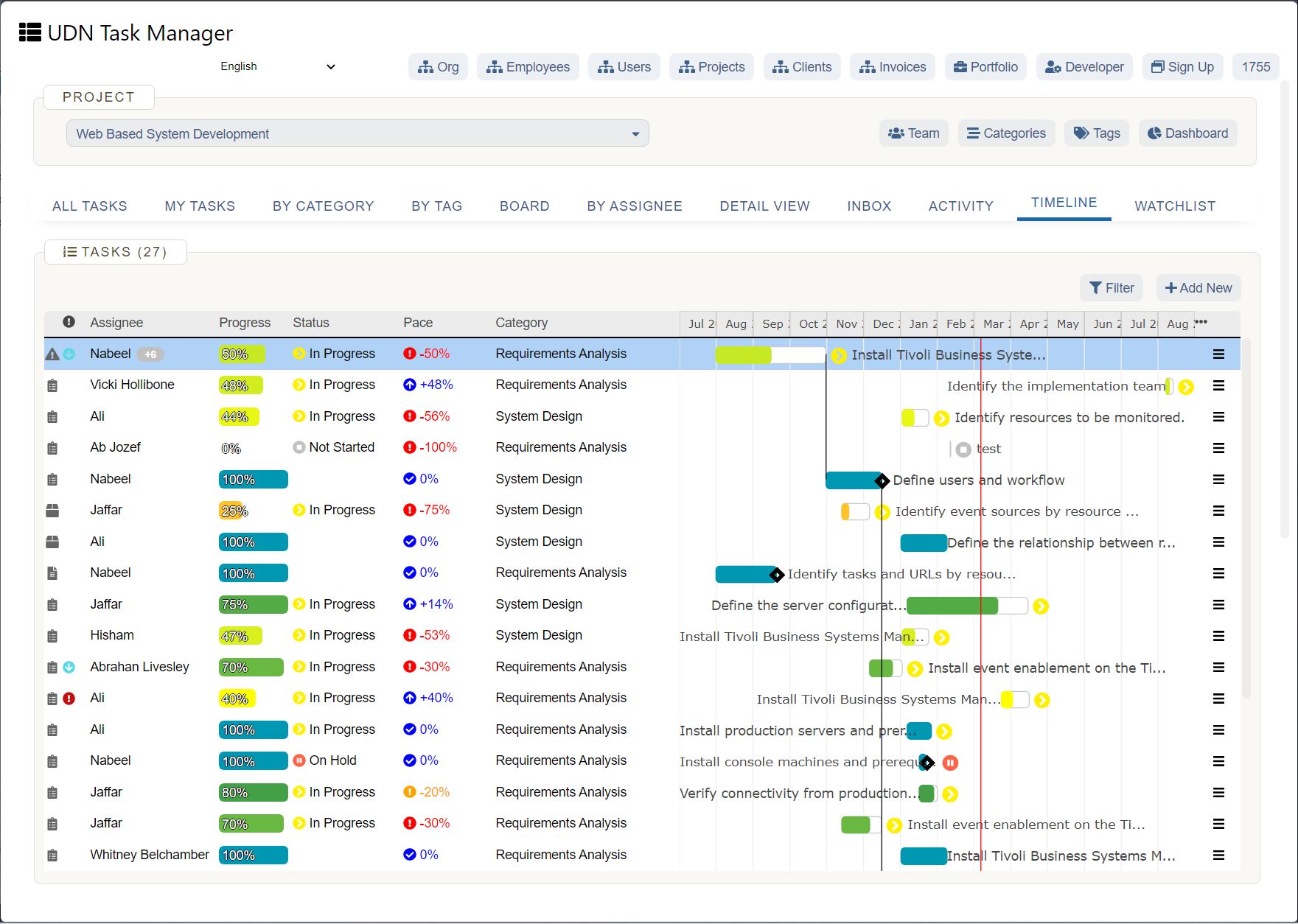
Everything.
There is literally nothing good about this practice. Let me be crystal clear that I am taking about multitasking as a habit. If you do it rarely when there is no other option, it’s quite understandable.
Anything that affects your productivity adversely is bad for you and the company. Going by this, multitasking is right in the top 5 things that are not good for productivity.
With the ever-increasing competition in the world market, specificity is what companies are aiming for.
Bonus tip: Core competencies is a beautiful concept of finding that one thing that you are good at and excel in it.
Reasons Why You Should Bid Farewell to Multitasking
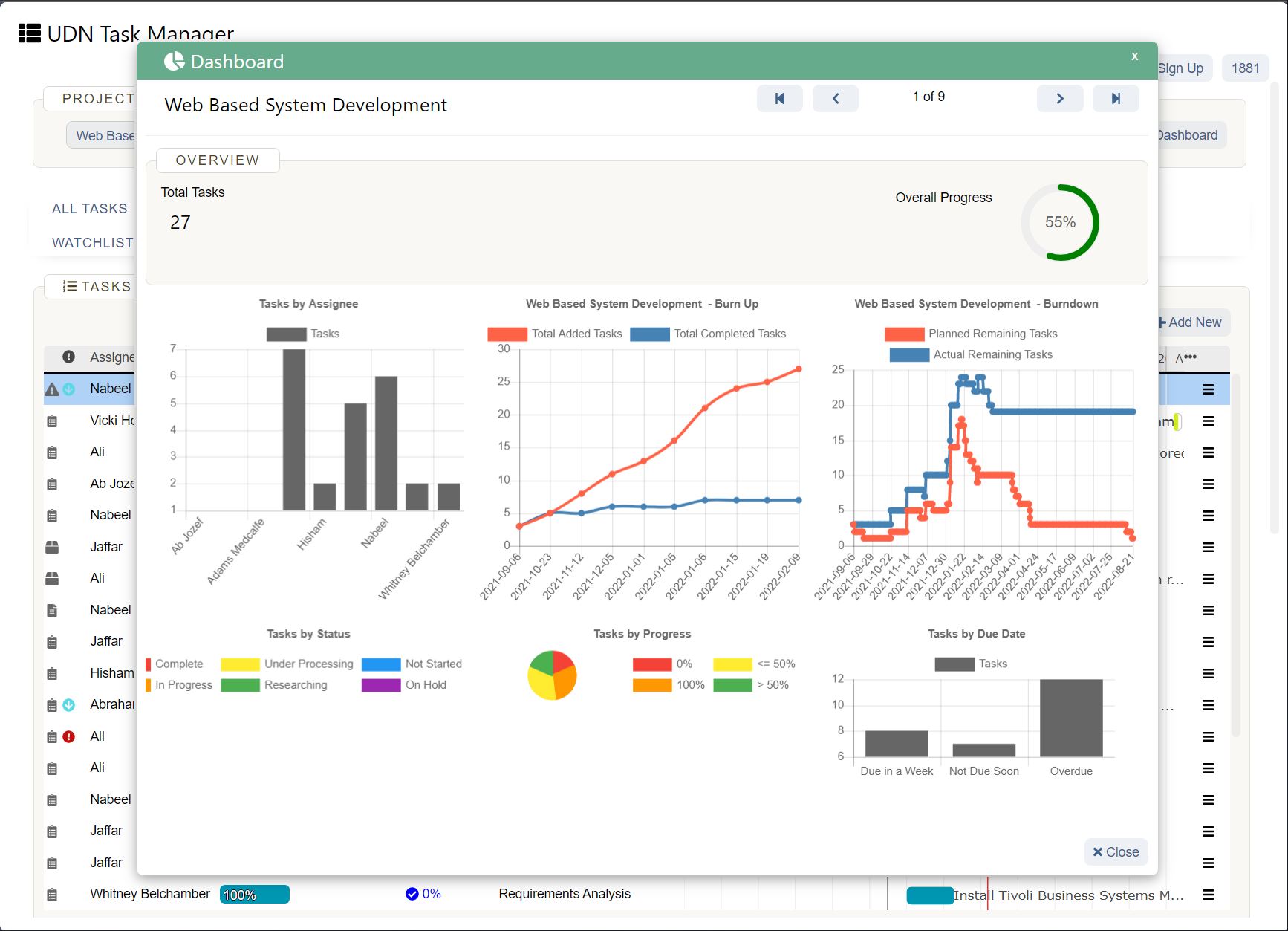
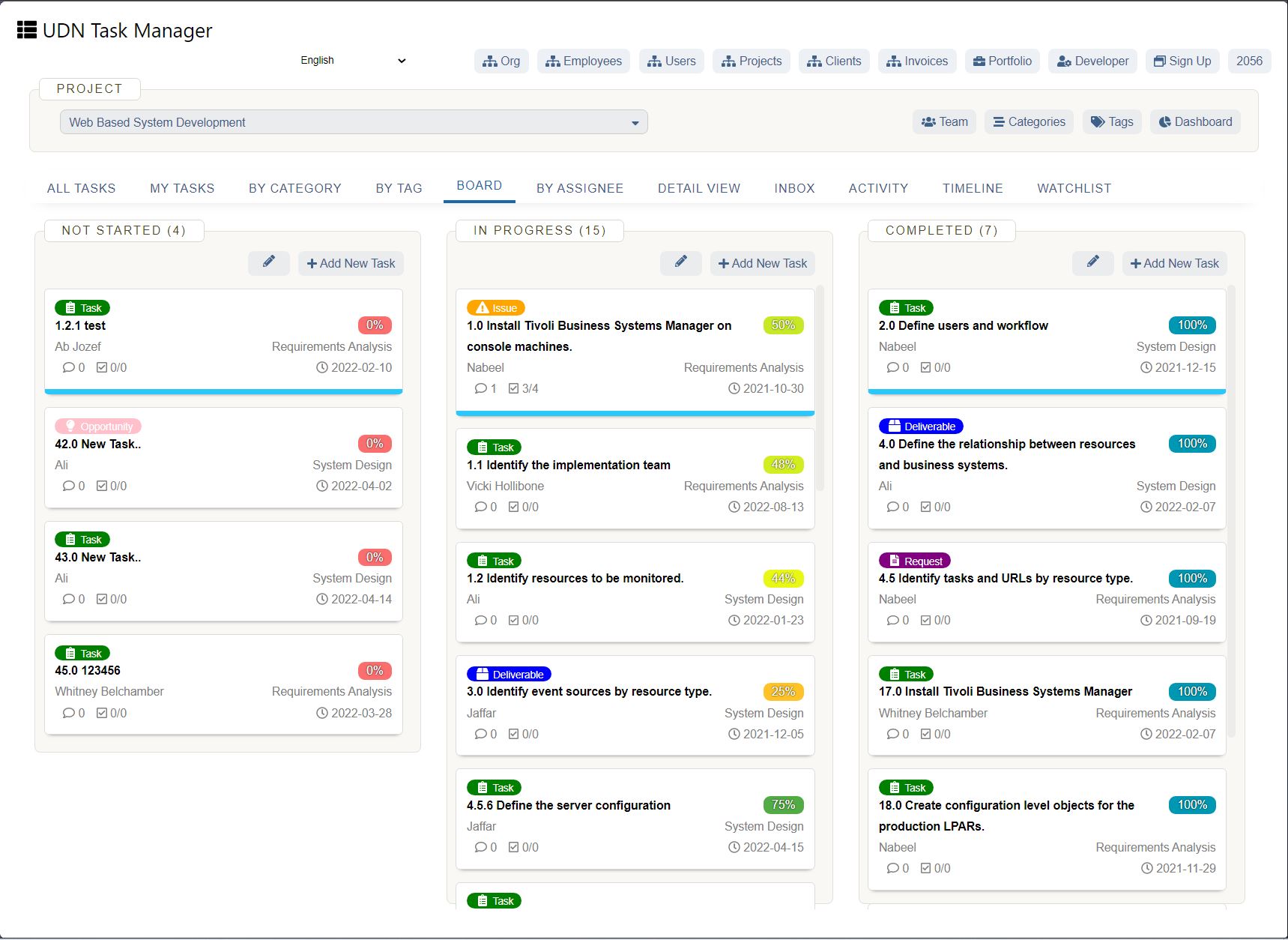
Yes, it is.
The human brain is not designed to handle various tasks at one time. It simply cannot work with divided attention.
If the brain is made to continually shift from one task to another, at the same time, it will stop functioning correctly.
You lose your cognitive abilities and find it hard to grasp the concept of things. At a workplace, that is a scary thing. Every profession requires you to be attentive enough to perform your tasks.
It is not too late as this damage is reversible .
You will find more than a couple of benefits once you start focusing on a single task at one time. And the best part is, this improvement extends to your personal life as well.
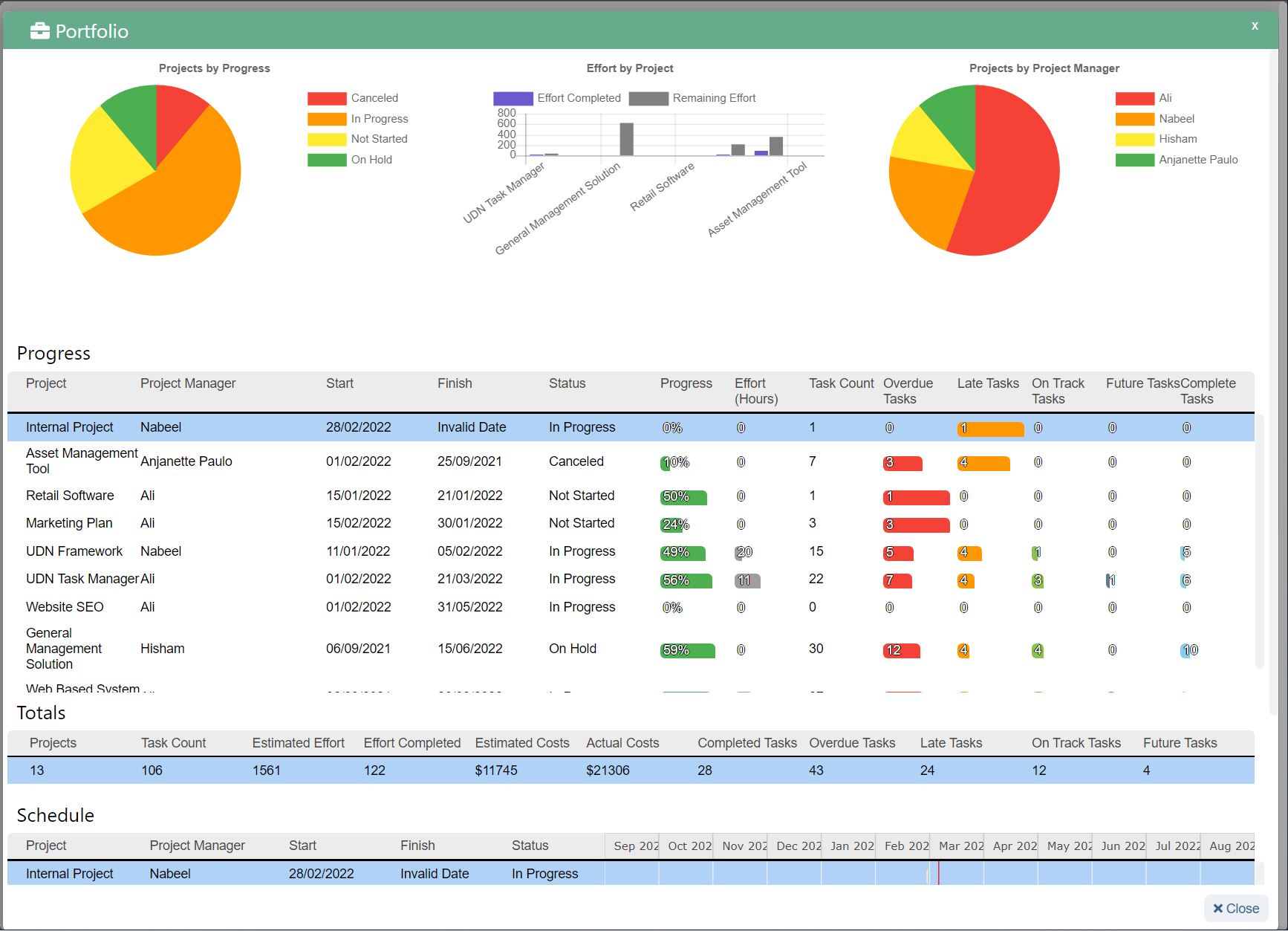
Talking about brains, the human mind is unique. A powerful thing that has unbelievable capabilities.
It can even trick you in having ‘ fake productivity ,’ i.e., justifying your multitasking by perceiving it as a trick up your sleeve.
You may finish 3 or 4 deliverables at a time, but you will lose sight of what was the most important.
Multitasking makes it impossible for the brain to give equal value to all tasks at hand. Plus, in the race to complete several tasks together, you won’t be able to give particular focus to what’s essential.
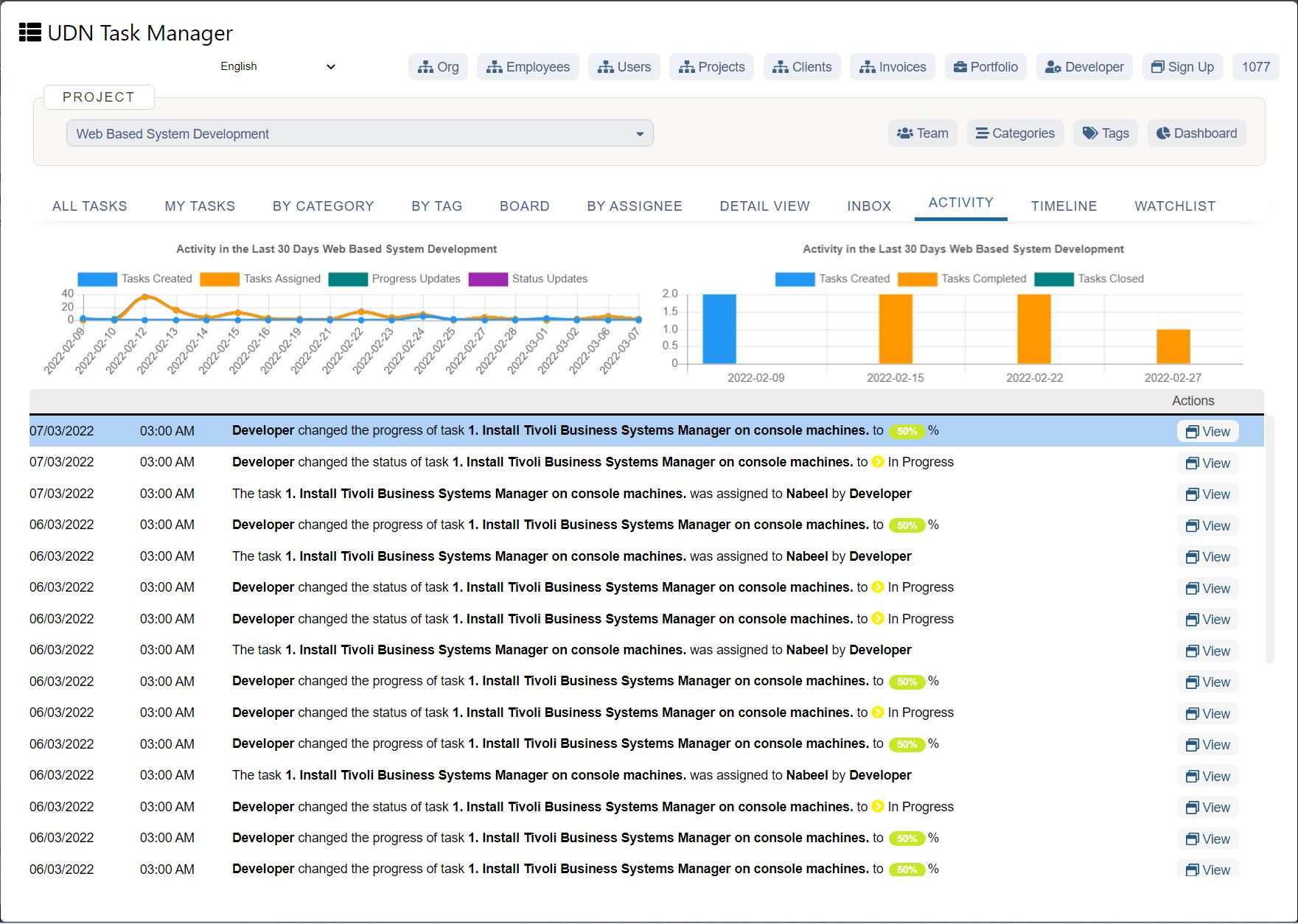
Dr. Susan Weinschenk suggests that ‘multitasking’ is not a word at all. It is just task-switching at a faster pace.
Efficiency is what every business aims for. Especially now when there is a startup every other week.
Increased competition has led firms to rely heavily on their employees. And the employees need to be efficient.
Working on a report, handling customer calls, and preparing the agenda for the next meeting is not efficient at all. The more tasks you work on at a time, the less efficient you will be at all of them.
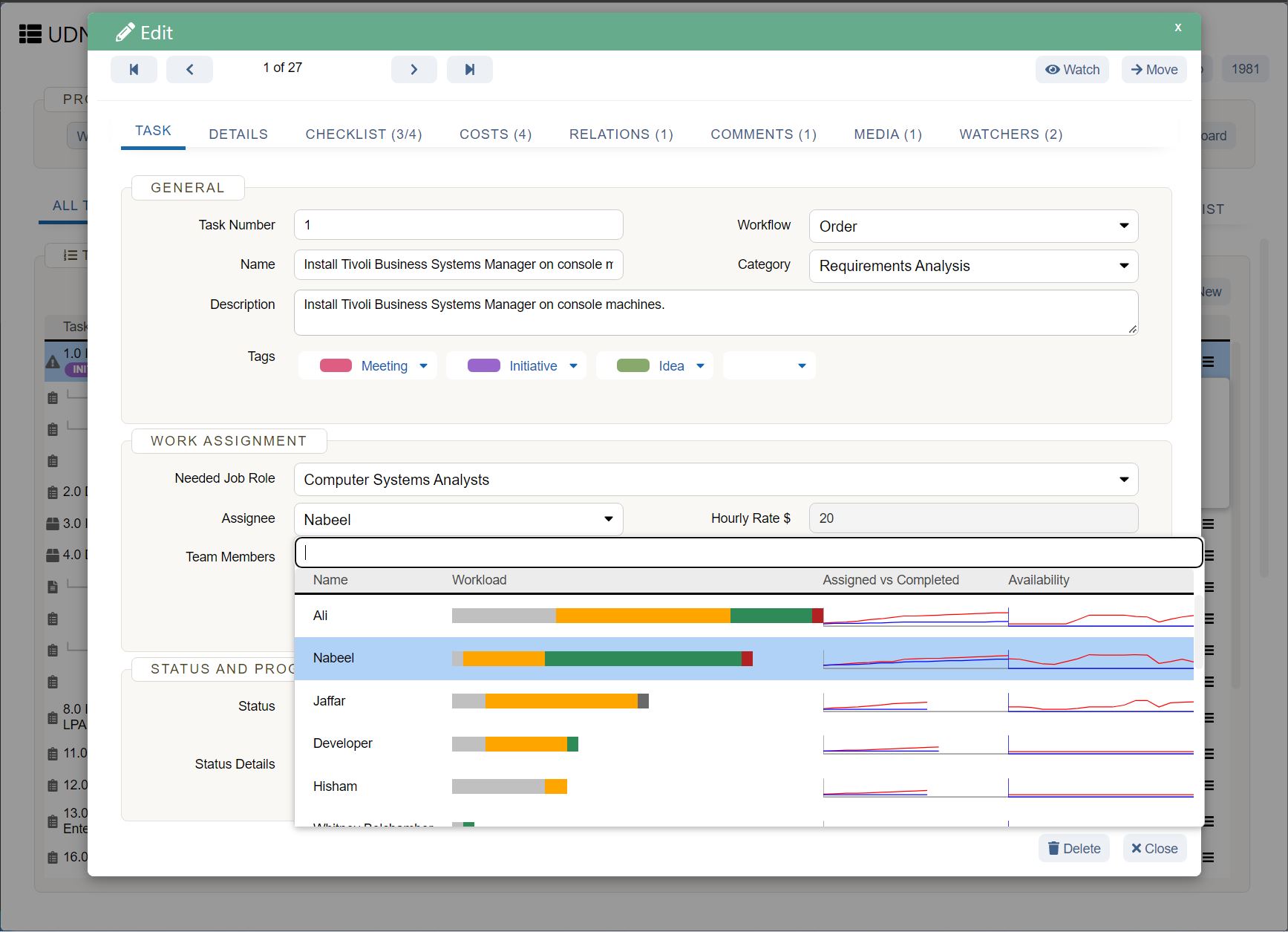
Whenever a person tries to do something that the brain is not designed to do , it doesn’t end well.
Our mind isn’t made to function at its full potential without sleep. Whoever disagrees with it can go a couple of days without sleeping and see for themselves.
Similarly, extra work is the principal cause of feeling exhausted. This leads to employee burnout, which is the leading cause of lower productivity levels in companies.

It’s a bit more on the ethical side but still a valid reason nonetheless.
Cheating is just like a free meal; if you get away with once, you want to do it again. And again.
Multitasking is all about saving something. It might be time or effort at the employee’s end.
Once you indulge in multitasking here’s what’s gonna happen:
You get away with it the first time, and the second time, and maybe a third time as well. The more you do it, the more shortcuts you tend to find to do complete tasks.
At the end of the day, you may be the first to finish his work at the office. But you won’t be anywhere near the best.
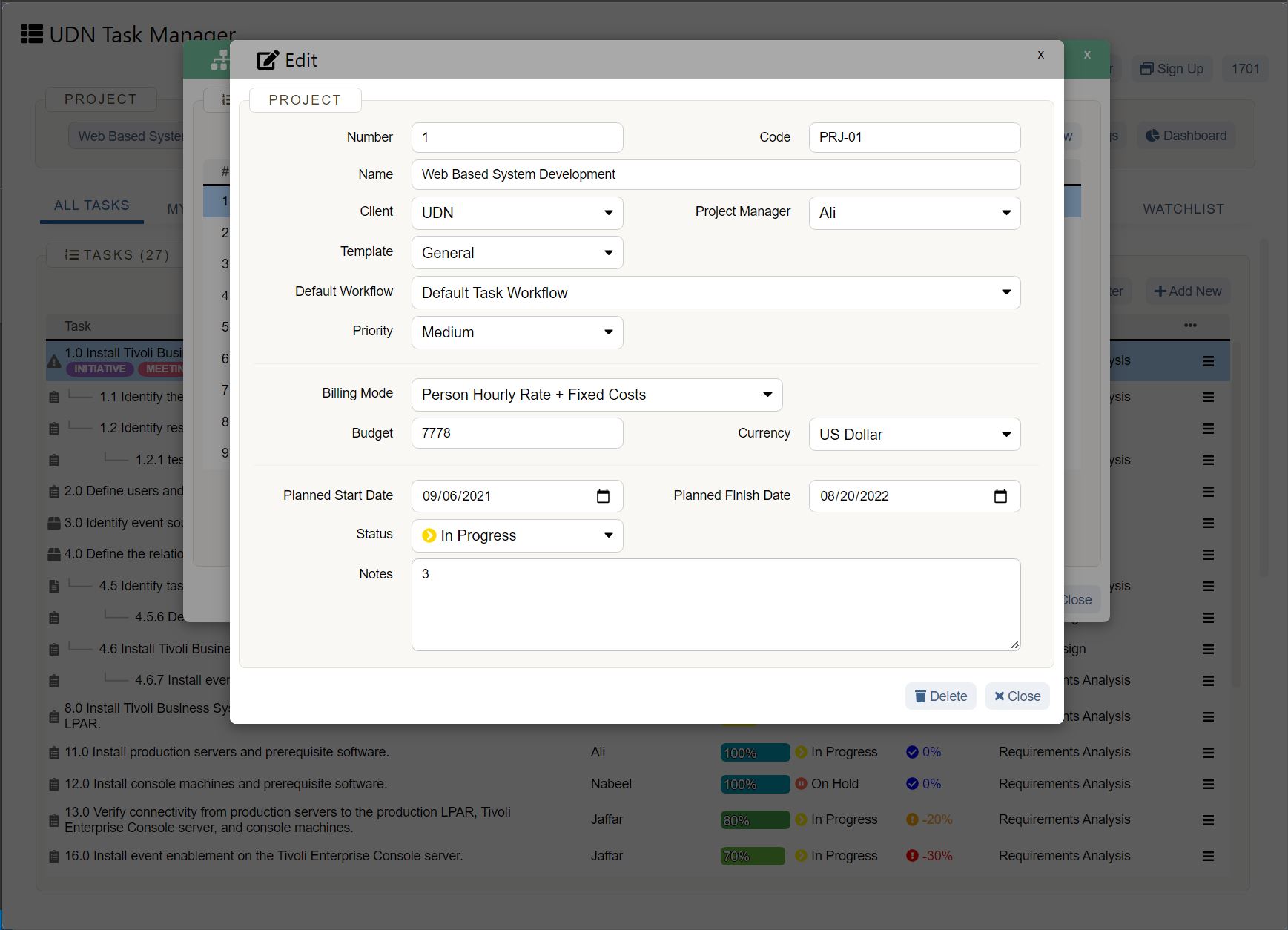
If there’s anything worse than losing your efficiency at work, it compromises the quality of output.
There are several reasons why you were hired at your workplace; turning in low quality work is not one of them.
The notion of saving time is sweet and, at times, may seem irresistible. But the trade-off between time-saving and quality of work is a complete no-no.
If some of you still believe that they can pull it off, no matter how sharp you are, you are still a human. And a human mind has its limitations.
Multitasking doesn’t allow you to concentrate on a single task. You can’t give it your best, and the quality suffers .
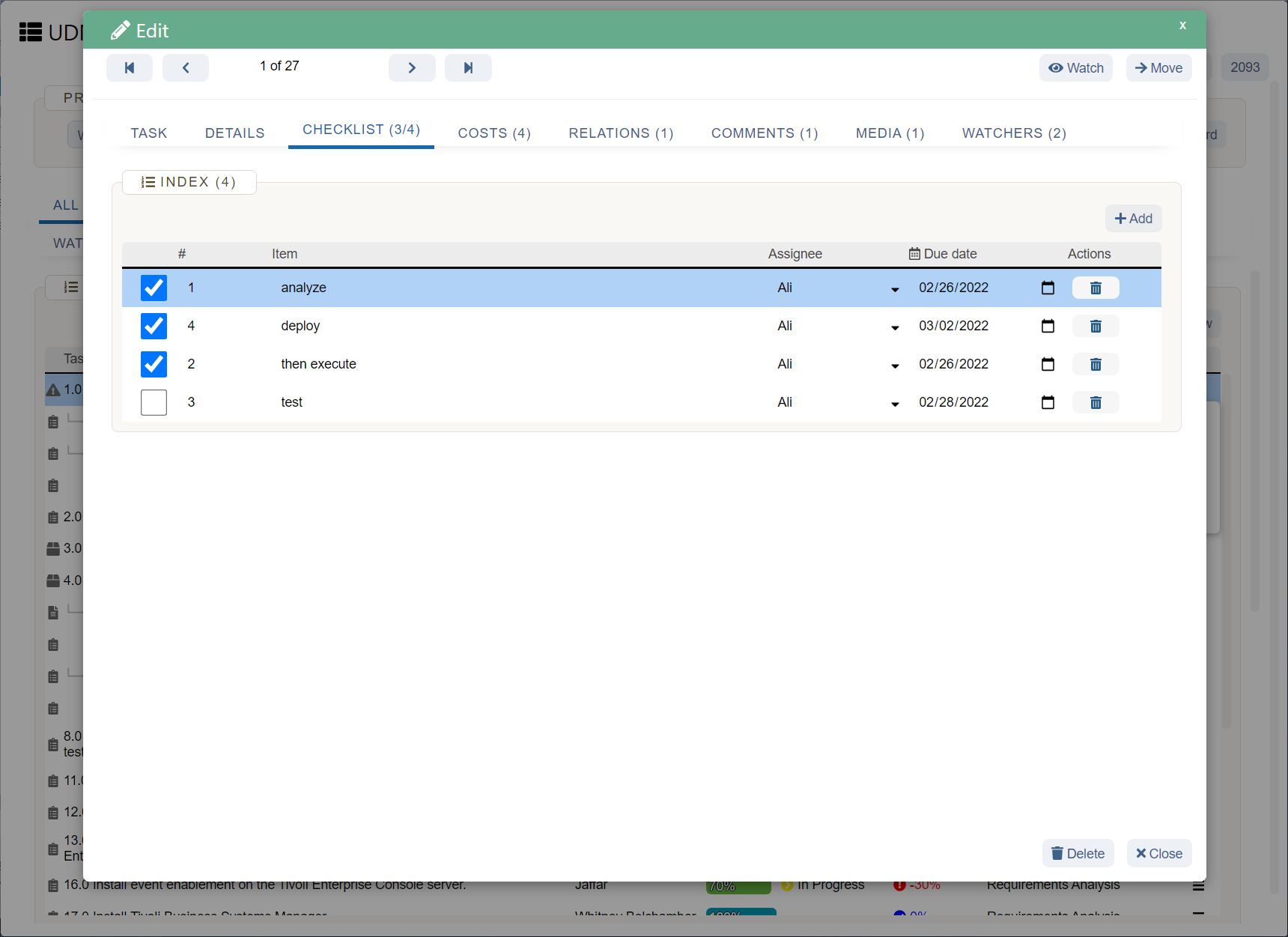
It goes without saying, doesn’t it?
Managing a single crucial task is stressful; working on more than one task is plain stupidity.
When you start working on a couple or more chores, you start worrying about completing each of them. That is like, multiplying your stress levels! Why would anyone want to do that to themselves?
The saying of ‘the more, the merrier’ doesn’t work here, guys.
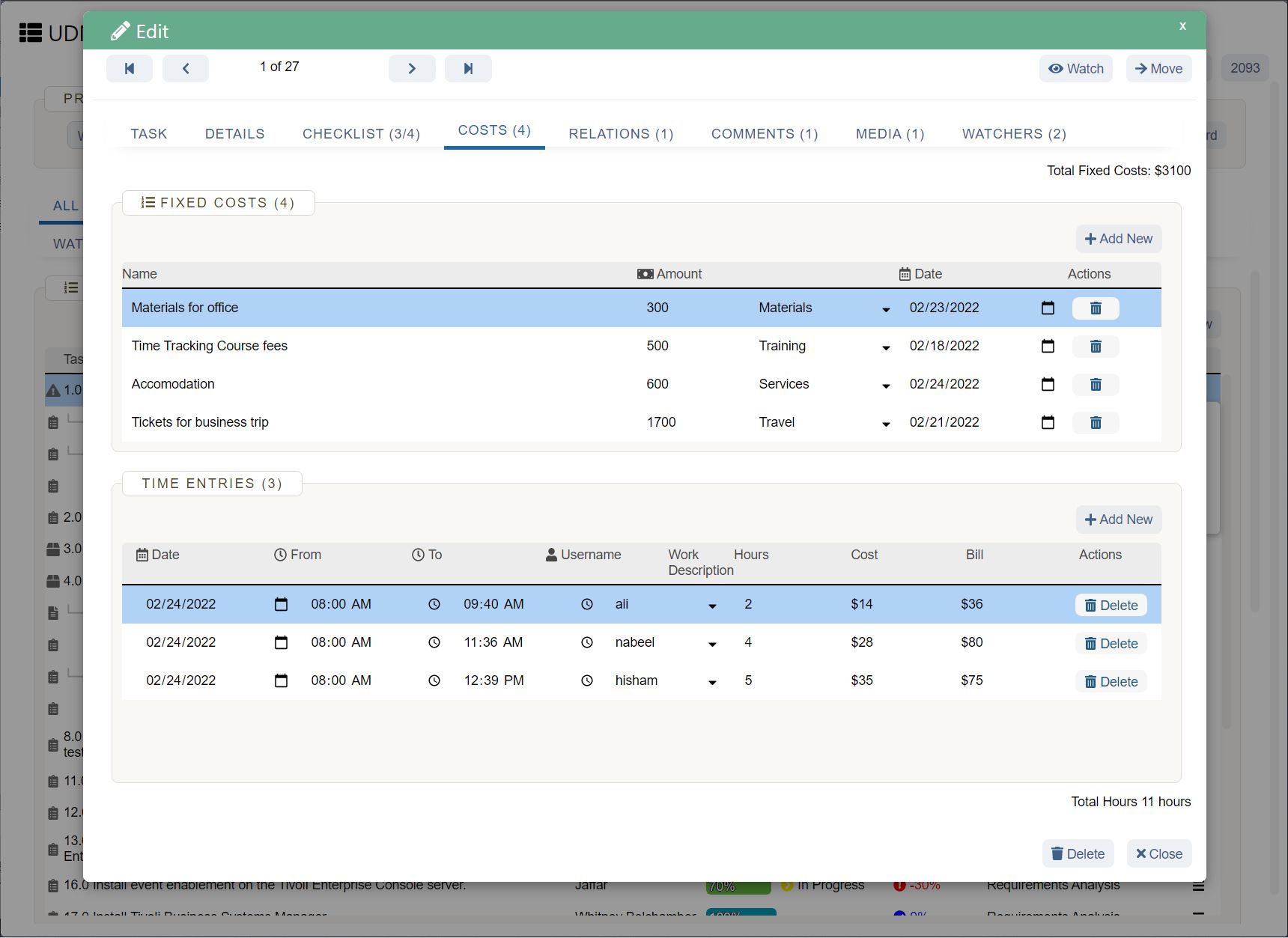
“Do three things well, not ten things badly.”― David Segrove
The 2012 Nielsen survey found that 47% of tablet users visit social networking websites while watching TV. 27% of them check information on the material they are watching on the TV. And about 60% of them check their emails while sitting in front of a television.
This just gives us the idea of how much this generation is prone to multitasking.
Be it, students, listening to lectures, or completing assignments. Be it employees attending a meeting or talking to a client. Everyone everywhere is involved in this practice.
The result? Mistakes. Lots of mistakes.
If you have been wondering why you have been sloppy at work, multitasking might be the answer.
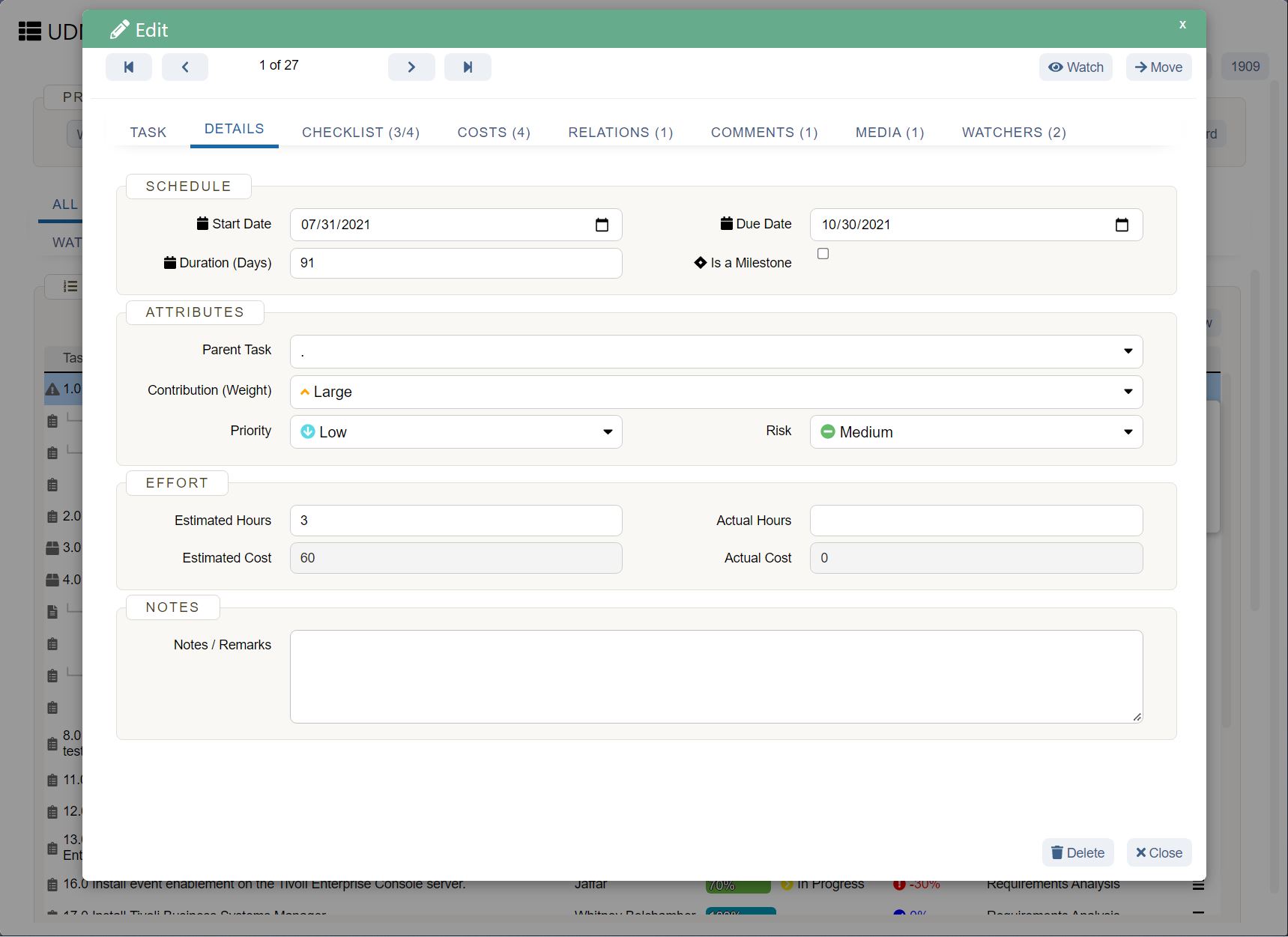
How can you even imagine it? Being caught in several tasks simultaneously kills your ability to shine.
You need room to breathe to let your creativity flow. If you can’t bring something new to the table, why would the company keep you?
If they need something to keep doing the same thing day in day out, with efficient results, they will just buy a new machine.
The moment you start multitasking, you can kiss your career development goodbye .
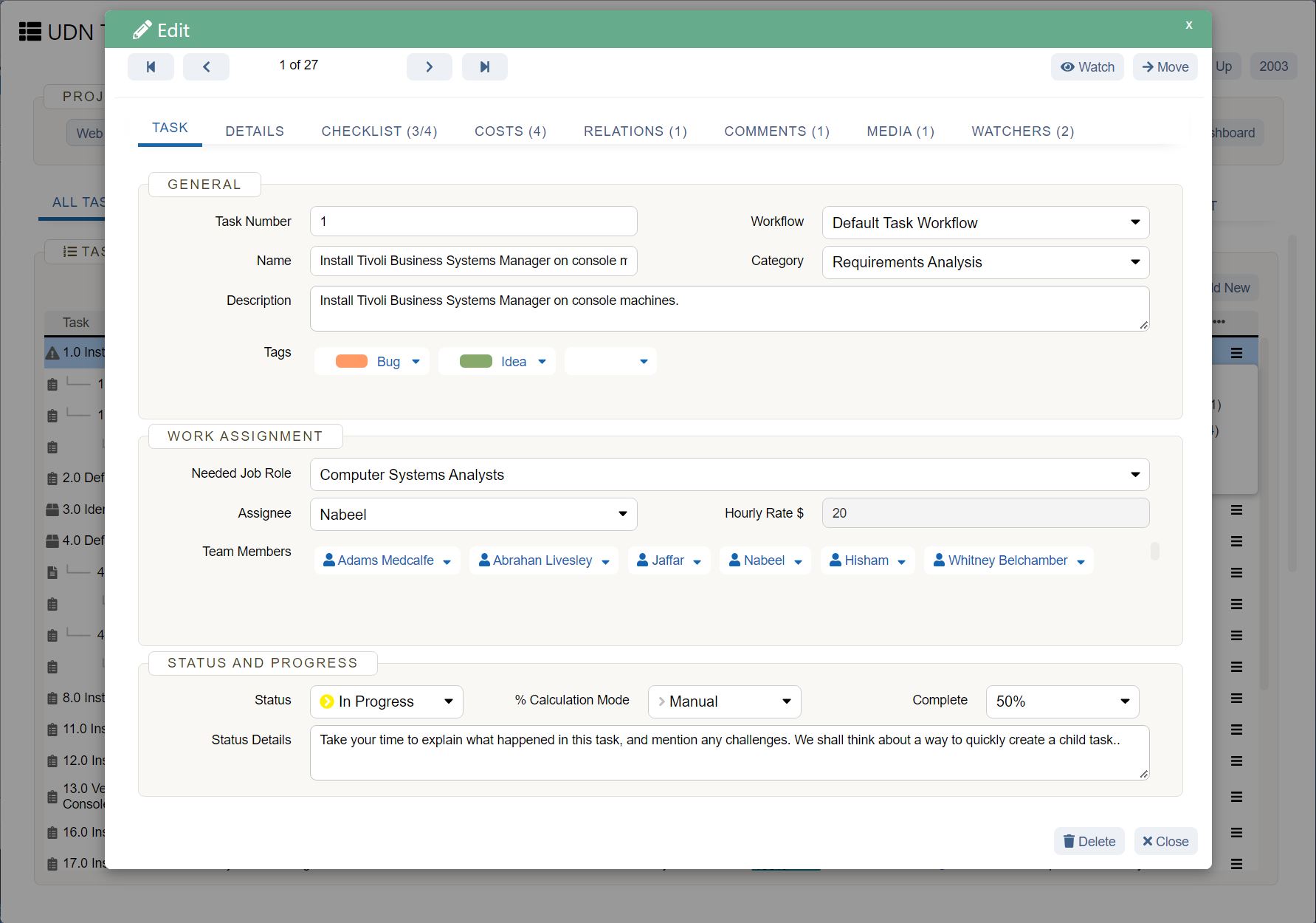
Ad hoc working makes you start and stop and jump around tasks. The biggest downside to switching between tasks is that you cannot think about a particular topic.
If you are indulging in multitasking, tasks, such as; critical thinking, creative writing, problem-solving , etc. are out of reach. Sure, you can answer a phone call while doing your toes but speaking to a client on the phone and working on the annual report? That idea is farfetched.
To be productive anywhere, you need to think straight and “apply” yourself. Your training and bookish knowledge will get you nowhere.
How to Avoid Indulging in Multitasking?
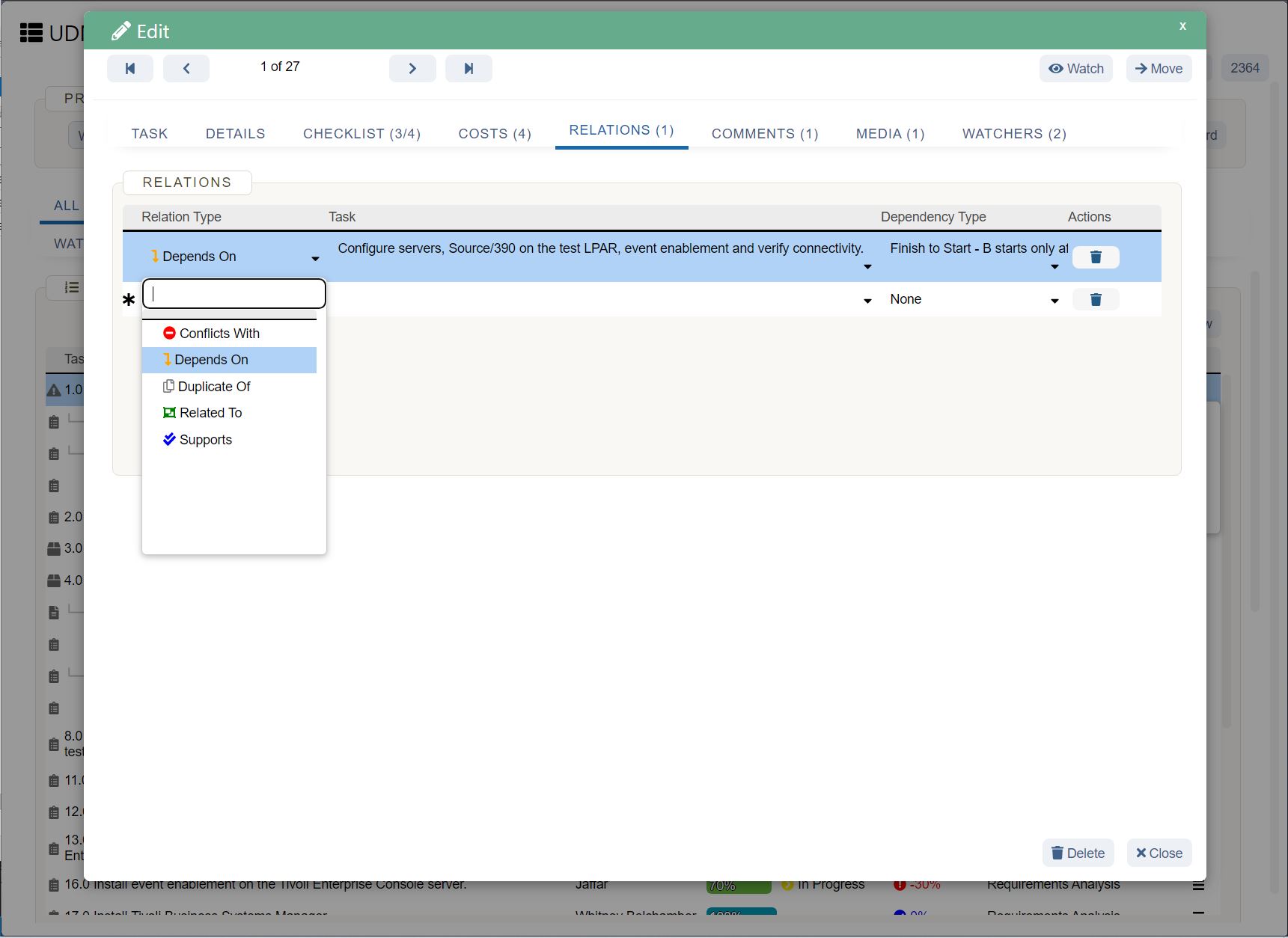
Here’s our guide on how to steer clear from multitasking and increase productivity:
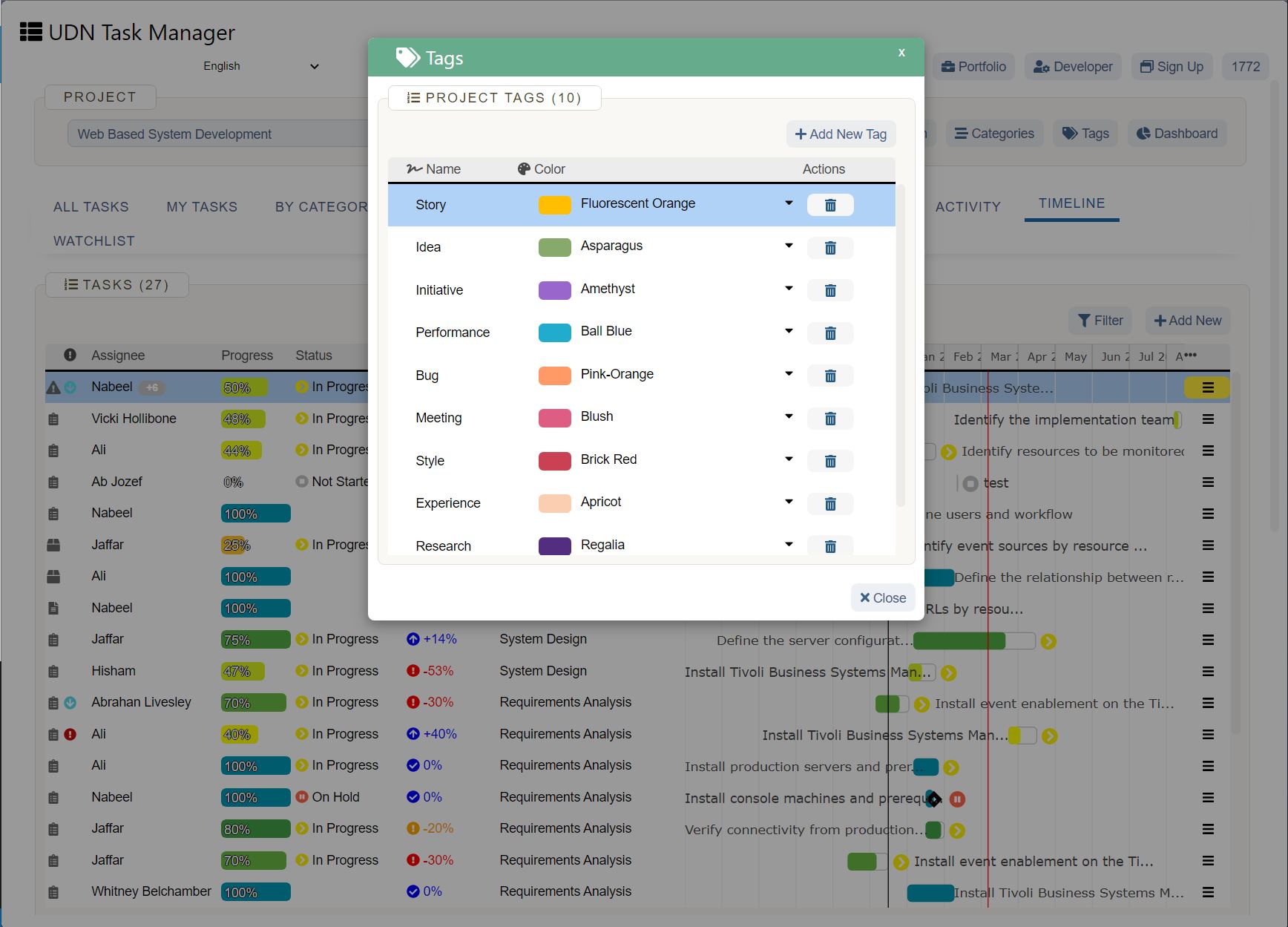
Find the will to do it. Not tomorrow, not today, but now. Multitasking needs to stop not only on an individual level but on a company level.
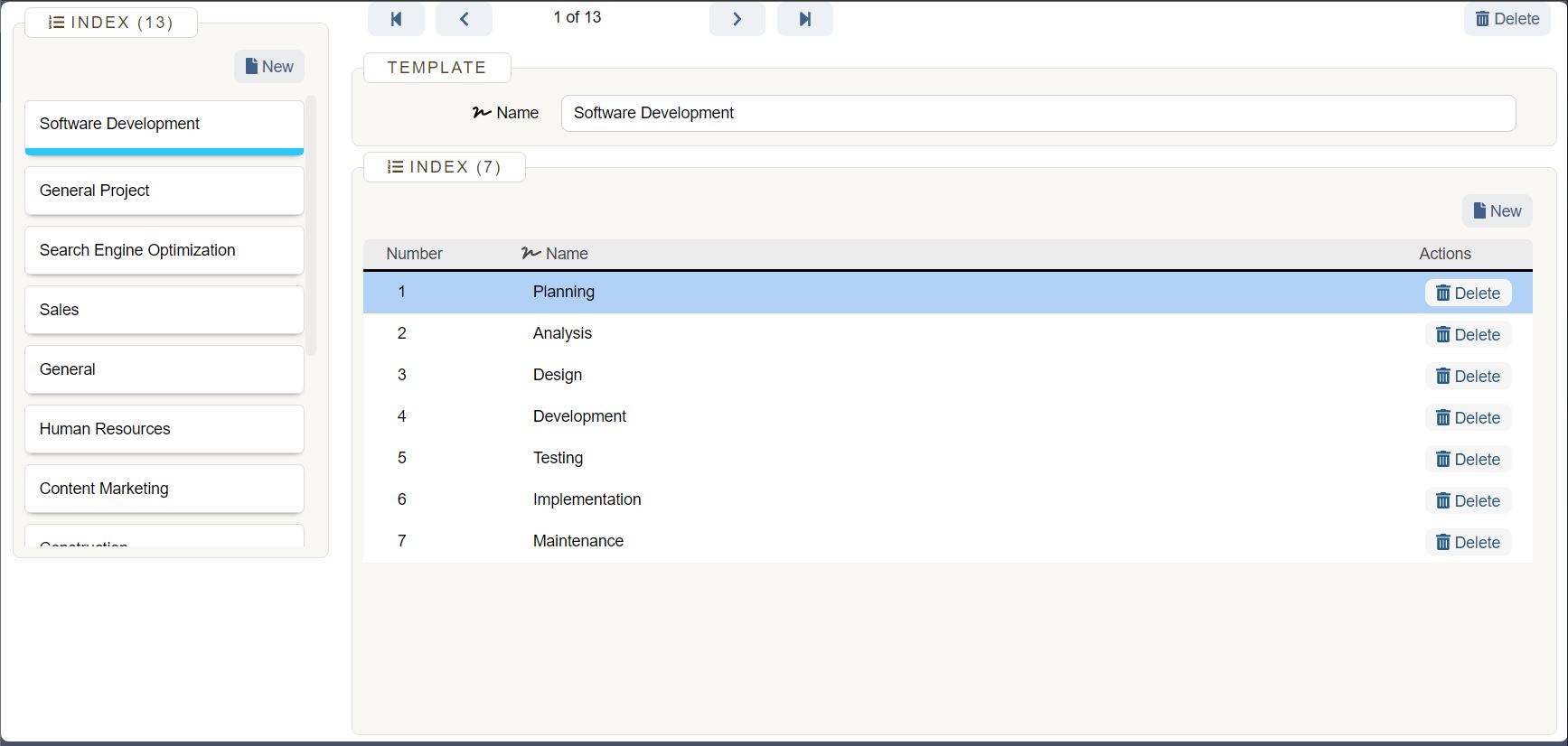
It has two advantages: the first is that you will start saying no to projects/tasks which bore you to death.
Second, you will stop accepting extra work while you are completing the task at hand.
Saying “No” is often not too easy. There are situations where you will probably end of offending someone by turning him or her down a favor. Know this, it is for the best.
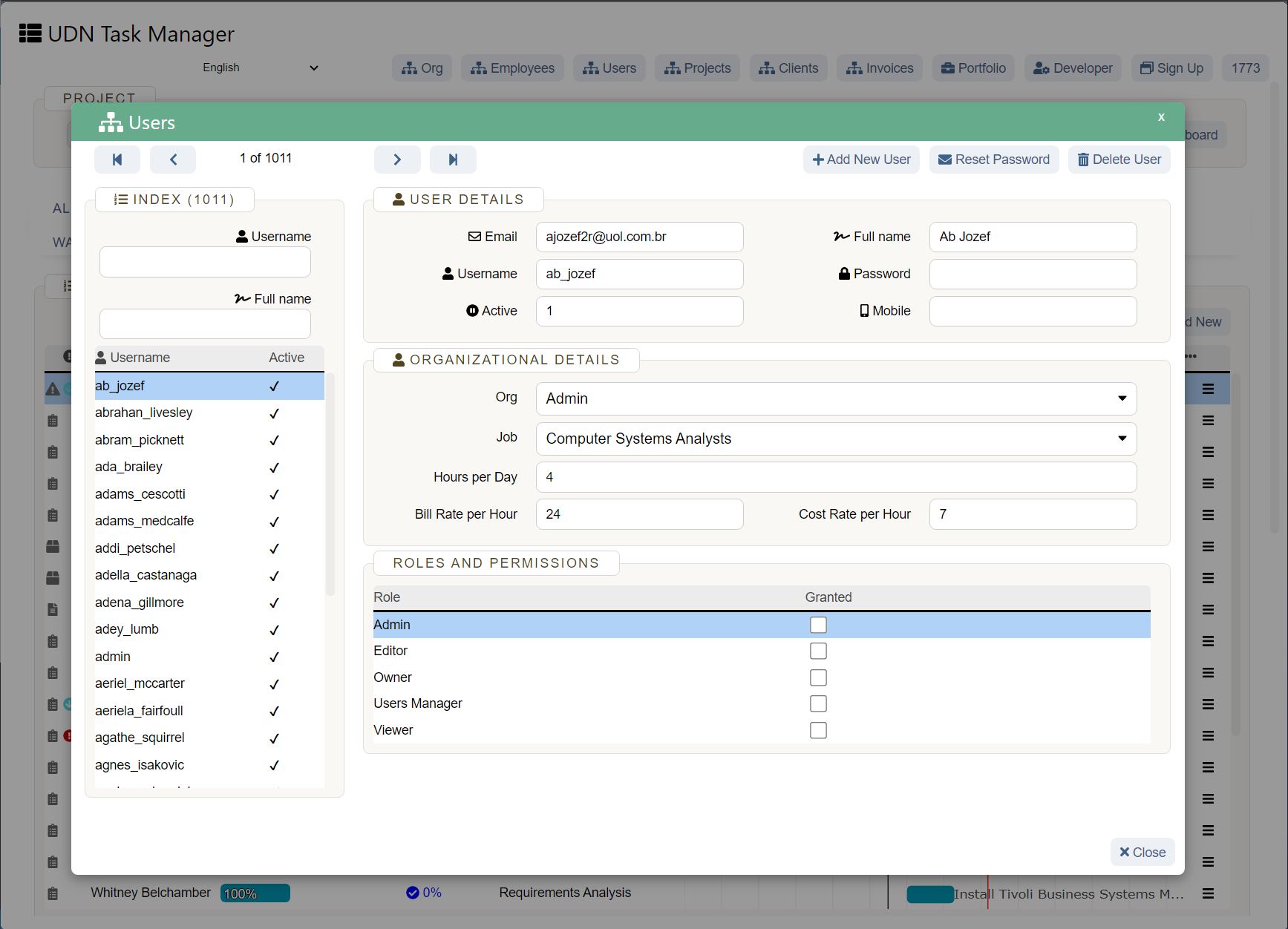
To nail your assignments, you need to develop a laser-sharp focus . And for that, you need to stop letting distractions come in your way.
Ensure a work-focused, distraction-free environment where you only work when it’s time to work.
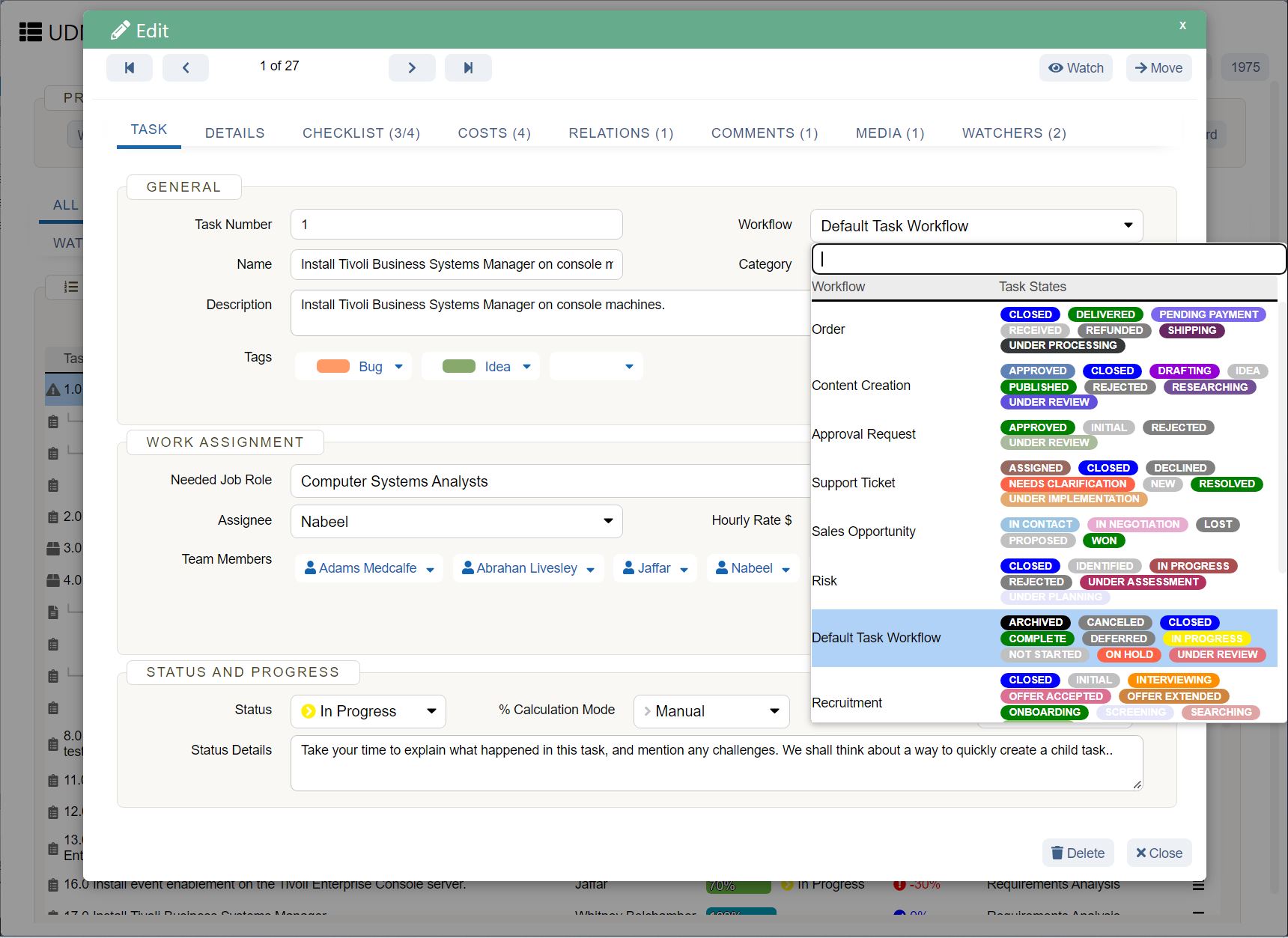
Sometimes, working on more than a single task becomes inevitable. That too counts as multitasking. Here’s what you need to do in such situations to avoid messing up both chores:
Mix the high cognitive work (that require more thinking) like writing, planning, etc. with the low cognitive work that you can do physically. For example, you can go for a walk; while your body focuses on the walk, your mind can easily work on planning a meeting or a sales pitch .
Moreover, if you are writing down the minutes of a meeting or editing documents , you can listen to music or hear the news as its easily manageable.
However, if you are writing new content, it is preferred that you do it without any distractions.
Wrapping it All Up
It may seem inevitable at times, and you may just have to do it. But do not let it become a habit.
Is multitasking possible? Sure, anyone can do it. However, you would be compromising the quality of work. That is highly undesirable in the corporate world.
It may seem like a challenge at first as it has taken roots deep in our daily routine. Yet, the motivation to discontinue should always be bigger than the urge to do it.
Whether you are a manager or a customer representative, multitasking will lead you nowhere. Excellent time and task management are the ultimate corollaries of giving up multitasking.
I say it is a fair trade.











